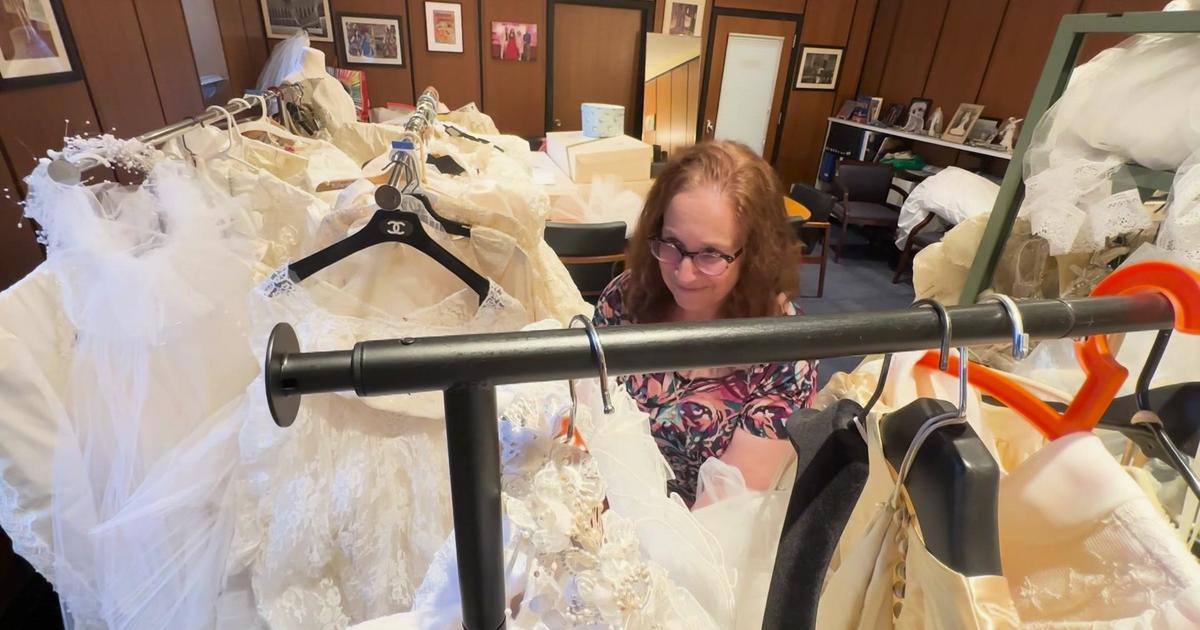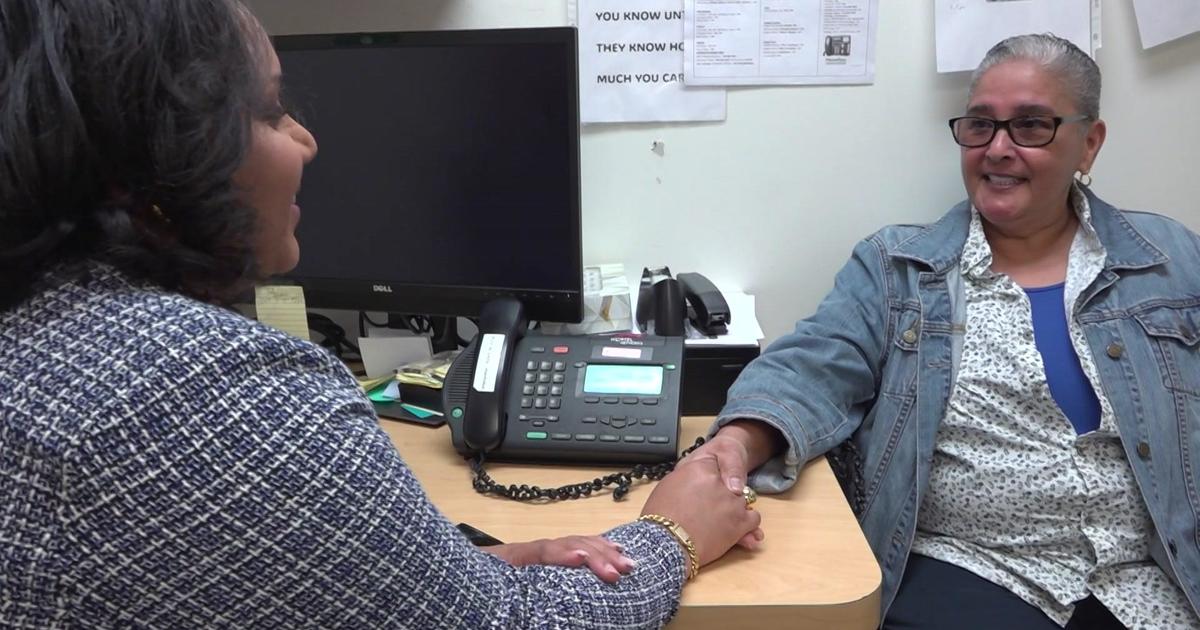Seen At 11: What To Do When 'Destructive Daydreams' Overtake Reality
NEW YORK (CBSNewYork) -- Most of us have daydreamed at one point or another, it can be a pleasant, relaxing way to pass some time.
For others daydreaming becomes a nightmare, a trap they can't escape. They suffer from 'destructive daydreams.'
"It was the first thing I did when I woke up in the morning, and any free second I had," Jayne Bigelson said.
Bigelson told CBS2's Maurice Dubois that for her daydreaming was a full blown compulsion.
She stepped out of reality and retreated into her mind where her favorite TV shows played over and over.
"It felt like watching TV, but like a surround sound. You were writing the script, watching TV, but amplified," she said.
She said it started to take a toll.
"I started to prefer it more than real life, and I found myself making excuses not to see my friends, and that's when I think it became a problem," she said.
For Cordellia Rose daydreaming excessively became all consuming as she created a never ending cast of characters in her own mind.
"It built into, they grew friends, and they grew relatives, and then further and further out and pretty soon I started fantasizing about their generations," she said.
She said it gave her what she lacked in real life.
"So they give me a lot of love and I needed a lot of love and I, they gave me a lot of intellectual stimulation which I really needed," she explained.
Then it took over.
"I had no friends, I had no sense of outer reality, I had no sense of anything. All I wanted to do was lie around and fantasize all the time," she said.
They both knew something was wrong, but couldn't find any answers.
"Every doctor said there's no such thing and didn't understand what I was talking about," Bigelson said.
Then in 2002, Dr. Eli Somer published the first scientific paper on the disorder naming it 'maladaptive day dreaming.' His subjects spent 60 percent of their waking hours daydreaming and were helpless to stop it.
"The experience is described by people who are coping with it as addictive," Dr. Somer explained.
Rose started a website that now has 6,000 followers.
"I heard from people all over the world saying that this is their story, that they felt this way for years," Rose said.
She said speaking out about it has helped her keep it under control.
"I learned to harness it," she said.
Bigelson herself has become a researcher looking for answers.
"I really want it so that people who are seeking help don't ever feel old like I did," Bigelsen said.
Her daydreaming is controlled with an anti-depressant.
Because there is so little known about the disorder there are no standard treatments, which is why she and others say more research needs to be done.



